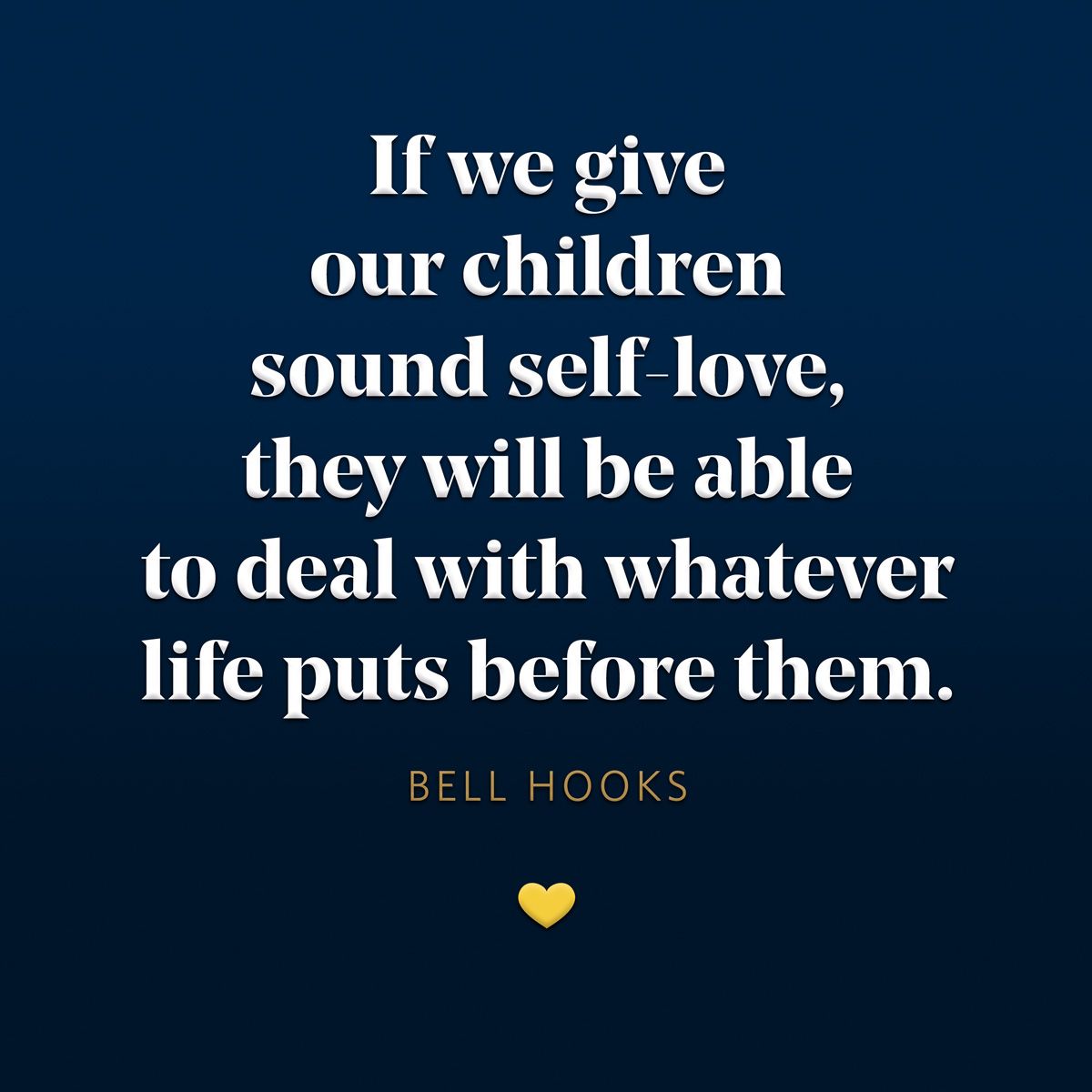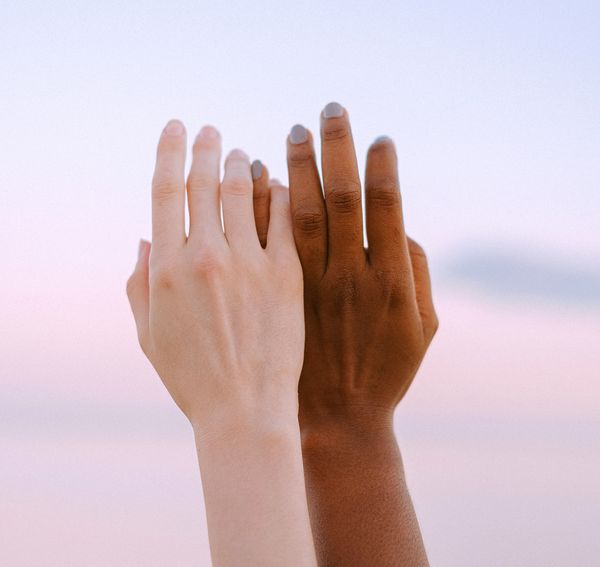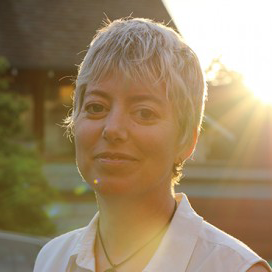Letter from the Editor
Everybody’s heard the Beatles’ hit “All You Need Is Love.” It’s catchy tune, with solid horn riffs, and thanks to their simplicity, the most profound lyrics ever written since “Happy Birthday.” Okay . . . I may have been stretching it a bit with the most profound lyrics ever written. But sometimes the most simple messages are the most profound. And that’s the sleight of hand that occurs in this song. The apparent simplicity of the message is not proportionate to facility or ease.
In last week’s letter from the editor, OHF Weekly Managing Editor Sherry Kappel dug into the glaring rise in hate speech and hate crimes. I’m of the mind that the best way to counter hate is with love. In fact, it’s the driving force behind everything we do at Our Human Family and OHF Weekly; so much so that we’ve adopted Jesus’ directive as our own: Love one another.
Truth be told, love is not all you need.
In the context of McCartney and Lennon’s lyrics, love is a noun, an object, a thing one possesses. Once in the listener’s possession, everything will be made right. The problem is that having a solution isn’t enough to solve a situation. If the thing is not used for its intended purpose, then it’s not fulfilling its purpose and the user doesn’t receive the full benefit of having it.
Let’s say it’s snowing out, and you don’t have protective outerwear. A friend drops by and gifts you a pea coat. The two of you decide to go for a walk in a park. Well, that pea coat only fulfills its purpose — to keep the wearer warm — unless you put it to use.
But love, in the context of Christ’s command to love one another, is a verb, an action. It’s a thing you do. I’m not talking about Cupids, chocolates, and all that stuff. The type of love Christ refers to invites us to care for those outside our circle of family, friends, and those we are in relationship with. This is a much broader love that includes those not in our tribe. This love is to be extended to the whole of humanity.
This love transcends ethnicity, nationality, gender, sexual orientation, religious affiliation, age, and . . . and . . .
This love’s concerns extend beyond its self, its immediate gratification, and self-aggrandizement. This love recognizes the inherent humanity in everyone and strives to treat all humans with respect and care.
I read an article about Black high school students in Texas who endured relentless racial harassment and bullying daily. Students and parents reported the incidents to school officials, school administrators failed to respond with significant consequences for the offenders until the victim of the badgering stood up for herself. The school officials’ non-response sent a message to the community: racist harassment and bullying are acceptable behavior, and self-defense against such will be quickly shut down.
In what world is it acceptable for any student to degrade another with racial slurs? One in which a caste system based on the lies of race and white supremacy is nurtured and allowed to flourish. The sad truth is that the Slaton High School events aren’t unique. They’re commonplace across America.
What does any of this have to do with love?
Everything.
This situation and others like it occur when the most basic form of love is absent in a community.
The offending parents, students, and administrators no doubt love the members of their clique, but their brand of love is concerned only with itself, its immediate gratification, and self-aggrandizement. That ugly little thing they call love denies the inherent humanity in everyone and strives to treat all humans who are different from themselves with fear and loathing. It’s not enough that they love themselves.
Whenever I hear these stories, I am reminded of a Toni Morrison quote. “If you can only be tall because someone else is on their knees, then you have a serious problem.” It’s worth pondering how broken and shattered must a person’s self-image be for them to feel the need to denigrate and humiliate other people.
Enter love. (This is where we put love into action.)
Love cares for the injured. The victims of racial harassment need to be listened to, cared for, and reassured that they are not the problem; not just the students, but the parents also.
Love holds folks accountable. There needs to be impactful consequences for the perpetrators. They must understand that what they’ve done is unacceptable and will not be tolerated.
Love increases awareness and education. This is the most challenging step for people to grasp in that this is not the work of victims. It is solely the work of the community. It is incumbent upon the community to demonstrate respect and care for everyone. It includes increasing opportunities for the perpetrators of racial injustice to learn and grow in their education and awareness of the similarities that exist among all people.
Love is patient. People who hate didn’t just wake up one morning full of racial bias and prejudice. These misconceptions and practices were nurtured over time. Unlearning those beliefs and behaviors will take time. I’m not suggesting we give perpetrators a “pass,” I’m simply saying that adopting a more inclusive worldview will take time.
Love reconciles.
Ultimately, The Beatles were right, love is all you need. And so was Jesus in his command that we are to love one another. If you’re interested in racial equity, allyship, and inclusion, Our Human Family can help. That’s why we exist, to inspire people in their efforts to adopt a more inclusive worldview and provide the tools to help them reach their goals. If you’re unsure of where to start, the article “My Journey into Blackness” by Stephen Matlock is the perfect place to begin. Check out the OHF Weekly Tags page for an alphabetical list of stories grouped by topics. We also have an extensive Reading List of works by internationally renowned authors, classic novelists, and modern scribes.
You can do this. And we can help.
Love one another.
Clay Rivers
OHF Weekly Editor-in-Chief
Mastodon: Our Plan B

For the last three years and nine months, Twitter has been Our Human Family’s social media channel of choice for reaching our readers. But given the platform’s rapid transformation into much we oppose, Our Human Family has begun setting up an online presence at Mastodon. So, one morning, if you look for our Twitter page and find that it has been permanently banned, you’ll know where to find us.
Writing Prompt Deadline Is Fast Approaching

The deadline for our year-end writing prompt is just around the corner, but you can still make it. For the prompt, we’d like you to tell us about your 2022 by writing about one, two, or all three of the following:
- Love It: A memory you’ll be sure to take with you into 2023
- Leave It: An incident you’re all too happy to leave behind in the annals of 2022
- Believe It: Something you’re looking forward to in 2023
We’re not looking for Hemingway, we’re looking for heart — your real, lived experience. What’s moved and touched you. Chances are your experience will resonate with or inspire someone else in a similar situation.
Yes, Our Human Family focuses primarily on racial equity, allyship, and inclusion. Feel free to let our niche inspire you. But we’re inviting you to stretch the boundaries, if you feel the need, and tell us about your lived experience in today’s world. If you’re so inclined, tell your incident in just a few sentences OR expound to your heart’s content. The choice is yours.
We’d love to share your story. Details.
Final Thoughts













